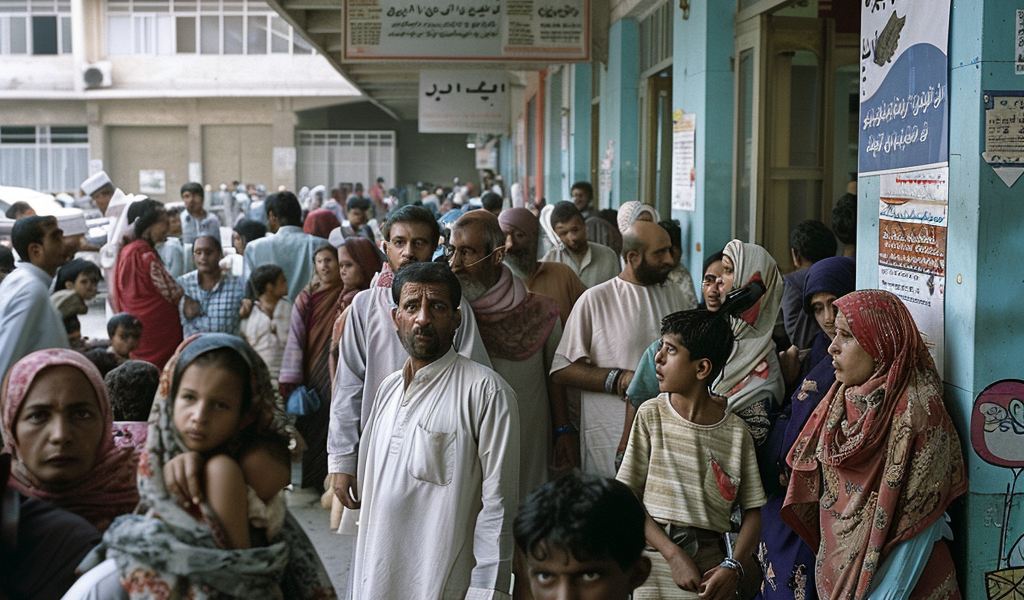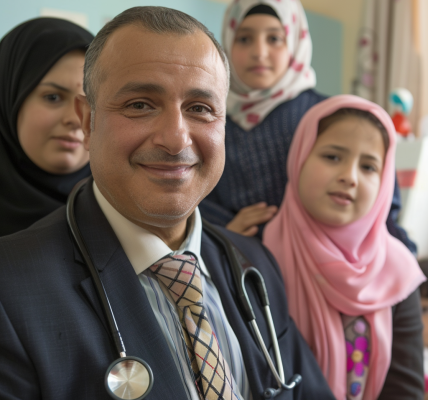Hospitals in Karachi, Pakistan’s largest city, are facing an overwhelming influx of chikungunya virus patients, as the mosquito-borne illness continues to spread rapidly. Reports indicate that major government hospitals are currently handling between 500 to 750 suspected cases each day, adding pressure to an already strained public health system. This surge in cases has raised significant concerns among health officials and the general public alike.
Chikungunya is a viral disease transmitted primarily through the bite of infected Aedes aegypti mosquitoes, which are also known carriers of dengue and Zika viruses. The name ‘chikungunya’ is derived from a word in the Kimakonde language, spoken in parts of Tanzania and Mozambique, and translates to ‘to become contorted,’ a reference to the severe joint pain that characterizes the disease.
In recent months, the outbreak has particularly affected vulnerable populations in Karachi, including the elderly and individuals with pre-existing conditions such as diabetes. According to reports from the Aga Khan University Hospital, severe cases have been on the rise, leading to complications that can include neurological issues like paralysis and coma, as well as heart and eye problems. These severe cases often necessitate intensive medical care, including mechanical ventilation, and carry uncertain recovery prospects.
Government data reveals that between May and September, 172 individuals in Karachi tested positive for chikungunya through polymerase chain reaction (PCR) tests. Out of 956 suspected cases, 713 were subjected to testing. However, health experts believe that the actual number of infections is likely much higher, as many individuals are diagnosed based on symptoms rather than definitive PCR testing. Common symptoms include high fever, joint pain, and fatigue, which can often lead to misdiagnosis or underreporting.
One of the significant barriers to effective diagnosis and treatment is the high cost associated with PCR testing, which has deterred many patients from seeking proper medical care. Shoaib Khan, a general physician at a private hospital in Nazimabad, highlighted that the financial burden of testing has resulted in many individuals foregoing necessary medical evaluations. Instead, they rely on symptom recognition and blood tests that indicate low platelet counts, a condition that can also result from chikungunya.
The rising incidence of chikungunya in Karachi has prompted health authorities to take action. Public health campaigns are being initiated to raise awareness about the disease, its symptoms, and preventive measures to control the mosquito population. These campaigns aim to educate communities on the importance of eliminating standing water, which serves as breeding grounds for mosquitoes, and to encourage the use of mosquito repellents to reduce the risk of bites.
Health officials are also emphasizing the need for better surveillance and reporting mechanisms to accurately capture the scale of the outbreak. Enhanced testing capabilities and public health infrastructure improvements are essential to manage the ongoing crisis effectively. The government is being urged to allocate more resources towards public health initiatives, particularly in light of the challenges posed by chikungunya and other mosquito-borne diseases.
As the chikungunya outbreak continues to unfold, the situation remains a pressing public health concern in Karachi. With hospitals overwhelmed and the number of suspected cases rising daily, the community is urged to remain vigilant and proactive in their efforts to combat this viral threat. The coming weeks will be critical in determining the trajectory of the outbreak and the effectiveness of the response measures being implemented.





